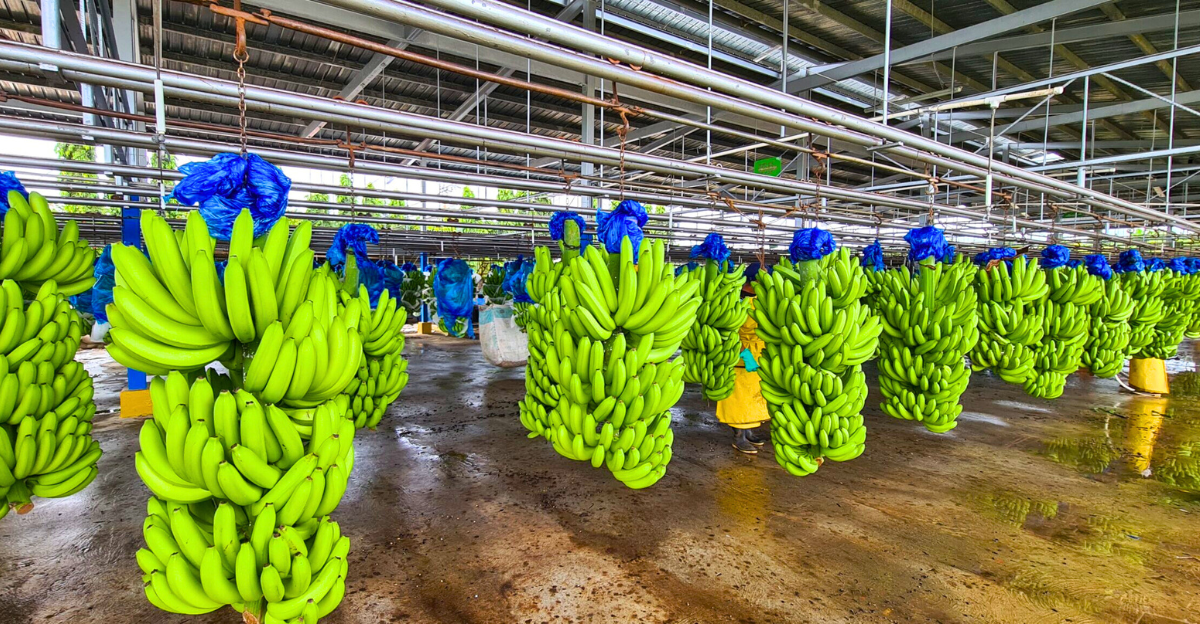
Imagine waking up one day to find the economic heart of your town ripped out. For thousands of Panamanians, that is their reality as the international banana giant Chiquita terminates its entire workforce in Panama without notice.
It is more than a commercial decision; it affects families and causes ripples through communities and a country that depends entirely on banana exports. After months of strife from workers and government policy, Chiquita’s exit highlights both the fragility of global supply chains and the costly human impacts of commercial decisions.
How Social Security Reform Led To The Shutdown
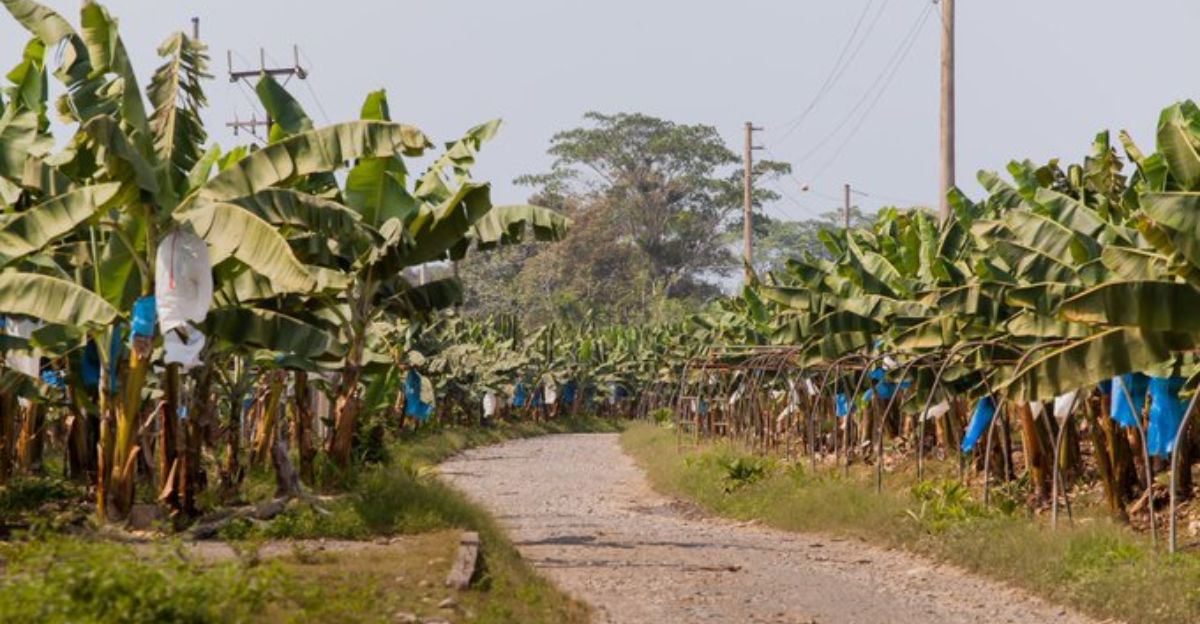
Chiquita’s exit did not take place in a vacuum. The trigger? Panama implements social security system reforms without including healthcare and pension entitlements for the banana workers.
The workers responded with strikes, road blockades, and restrictions on movement, effectively shutting down the region of Bocas del Toro and the company Chiquita. The government called the strikes illegal and attempted to force a return to work, but the workers remained resolute. With workers not returning, production ceased, and costs began to rise.
Economic Shockwaves
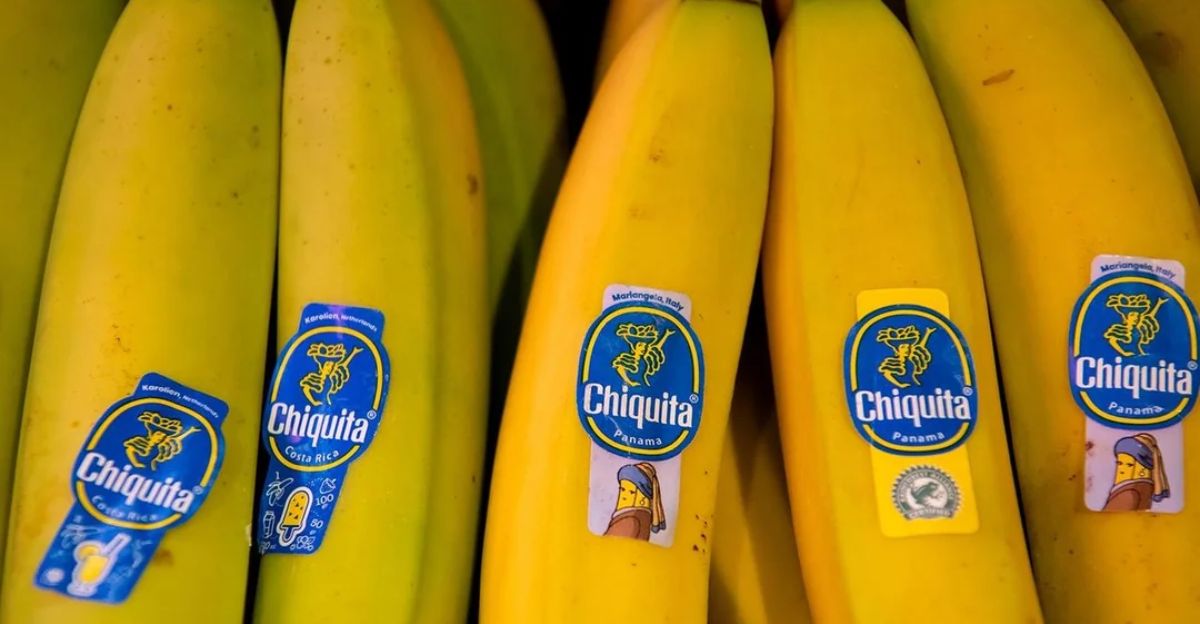
Bananas are not just a fruit in Panama; they’re a lifeline. As one of the country’s top five exports, the industry supports thousands of families and maintains regional economies. Exit isn’t just another headline; it presents an existential threat to Bocas del Toro, where entire communities rely on plantation jobs.
The layoffs have led to an economic catastrophe at the municipal level, as the national government implemented emergency recovery policies like Chiquita’s. In addition to losing stable sources of income, the spill-over impacts from the sectors that support Chiquita–transport, logistics, and retailers, among others–could lead the region to experience protracted economic hardship.
Supply Chains, Prices, and Global Markets
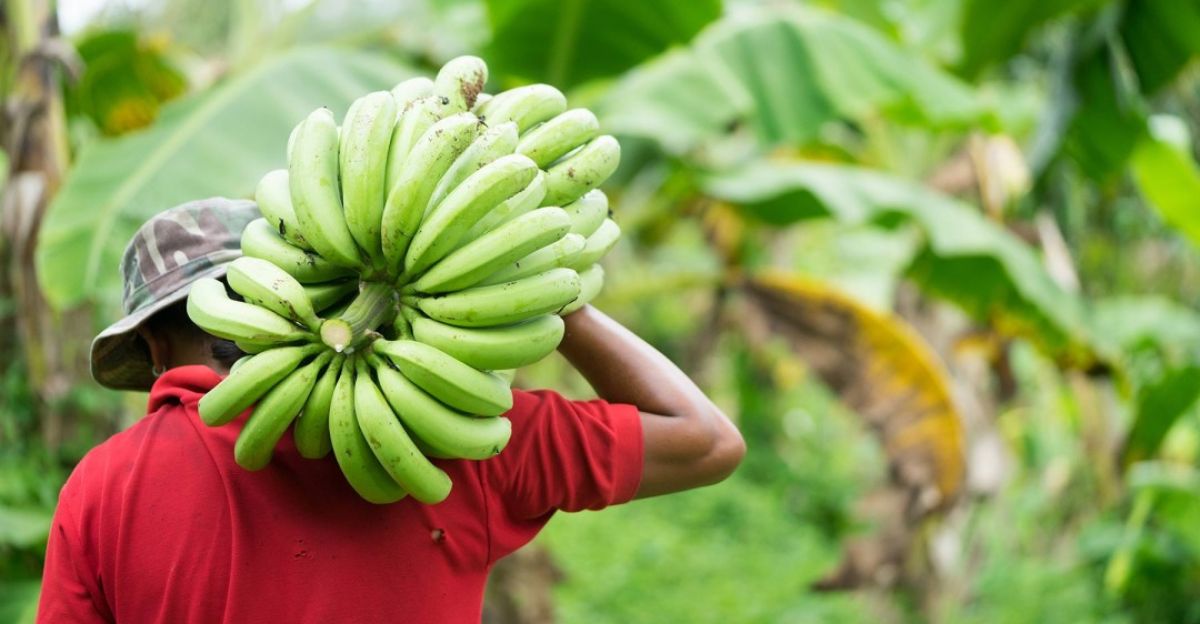
Chiquita’s closure of Panamanian operations is a classic case of supply chain weakness. As plantations go unharvested and exports grind to a halt, banana supplies worldwide are in disarray.
Global retailers and consumers can expect to feel the pinch soon, with prices rising and supplies falling short. At the same time, Costa Rica’s state-compliant port opened its harbor to Chiquita as a customer, demonstrating how supply chains redirect in real-time.
While this shift can help regional economies, it leaves Panama’s infrastructure and workforce in the dust. This is a reminder of how quickly global trade can move while also affecting who can get a seat at the table.
Labor Unrest as a Trigger—How Strikes Force Multinationals to Act
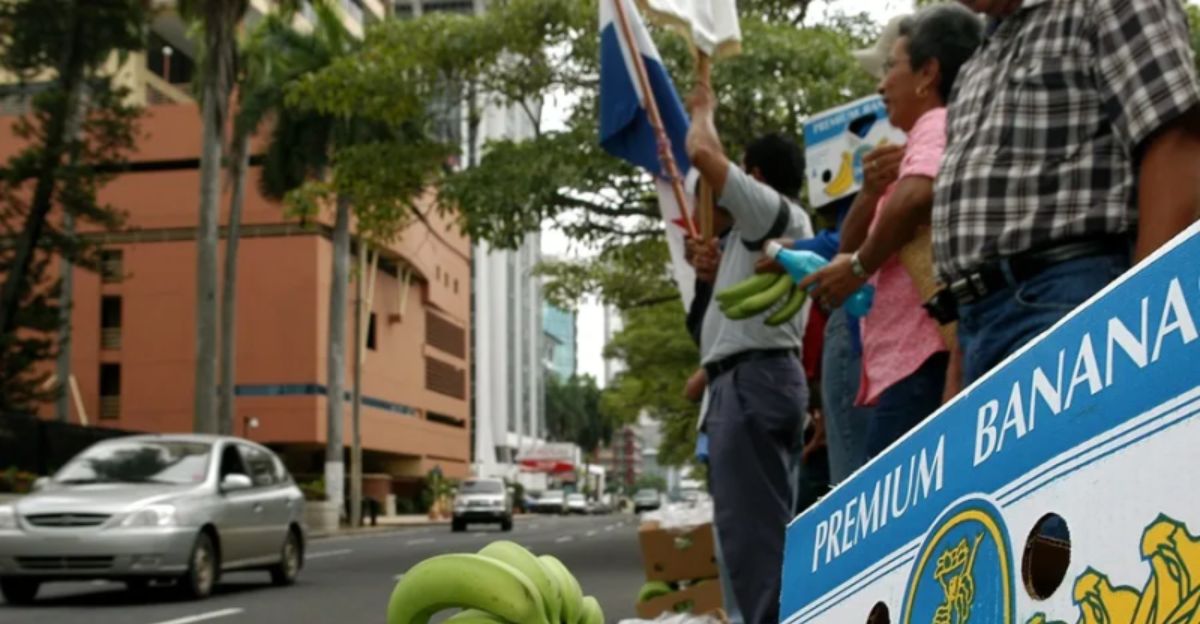
It’s not every day that labor unrest prompts a behemoth like Chiquita to abandon an entire country. This time, months of strikes and roadblocks, fueled by anger over benefits lost, proved too much.
For the question, see below: The company emphasized “irretrievable production losses” and damage of at least $ 75 M. The government’s stubborn insistence that the strikes were illegal only heightened tensions.
Ultimately, neither side backed down, resulting in a scorched earth situation: no production, jobs, or solution. One has to ask how this purposefully serves as a lesson to bureaucracies and corporations: ignore the demands and concerns of workers at your peril.
Political Fallout
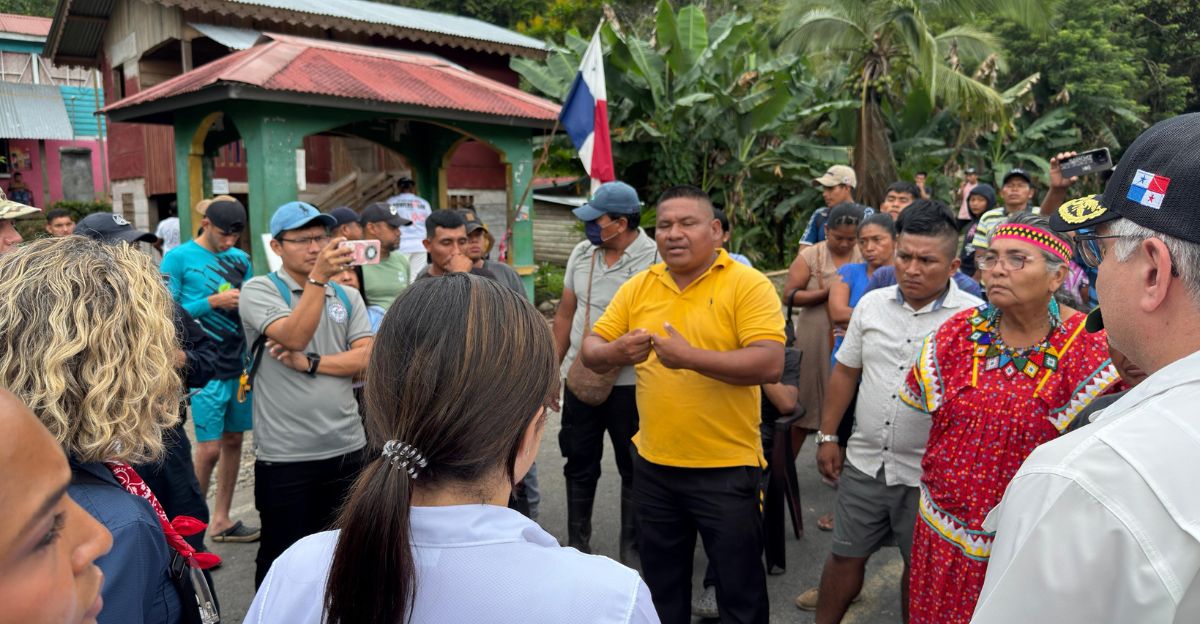
As a result of the circumstances, the Panamanian authorities formed a High-Level Commission to address the effects and declared a state of emergency in Bocas del Toro.
The seriousness of the situation, extraordinary mass unemployment, social unrest, and a coming humanitarian crisis, is evident with this unprecedented announcement. The charges for the commission are speeding up economic recovery projects and managing the social consequences of Chiquita’s retreat.
However, the political risks are high – trust in institutions is collapsing, and the government faces growing pressure to stabilize and return livelihoods to a region that currently hangs in the balance.
Corporate Power and National Vulnerability—A Cautionary Lesson
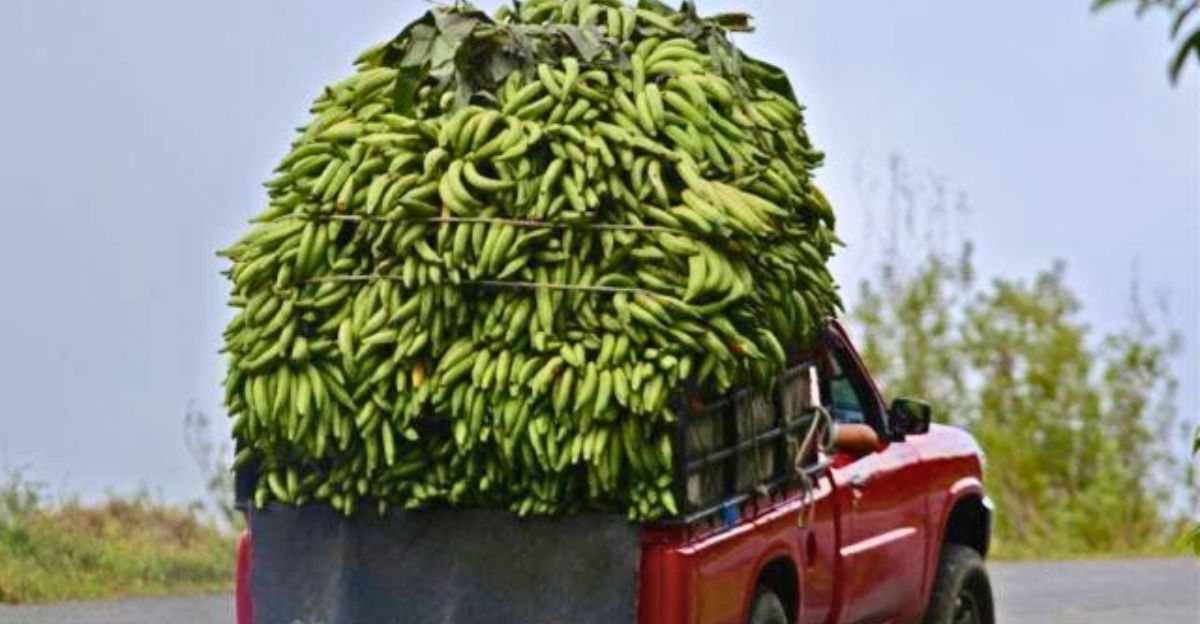
Chiquita’s rapid exit reveals a harsh truth: when a country is overly reliant on a multinational’s presence in the economy, like Panama’s banana economy was on Chiquita’s presence, there are profound risks.
Now that the departure leaves a massive vacuum, the dangerously vulnerable loss becomes evident. It’sn’t Panama’s only one. Countries reliant on one export or company are equally vulnerable worldwide.
The lesson? Diversifying the economy isn’t simply optional; it is necessary if countries want to survive the storms caused by global capitalism.
Unintended Consequences: Migration, Crime and Social Stress
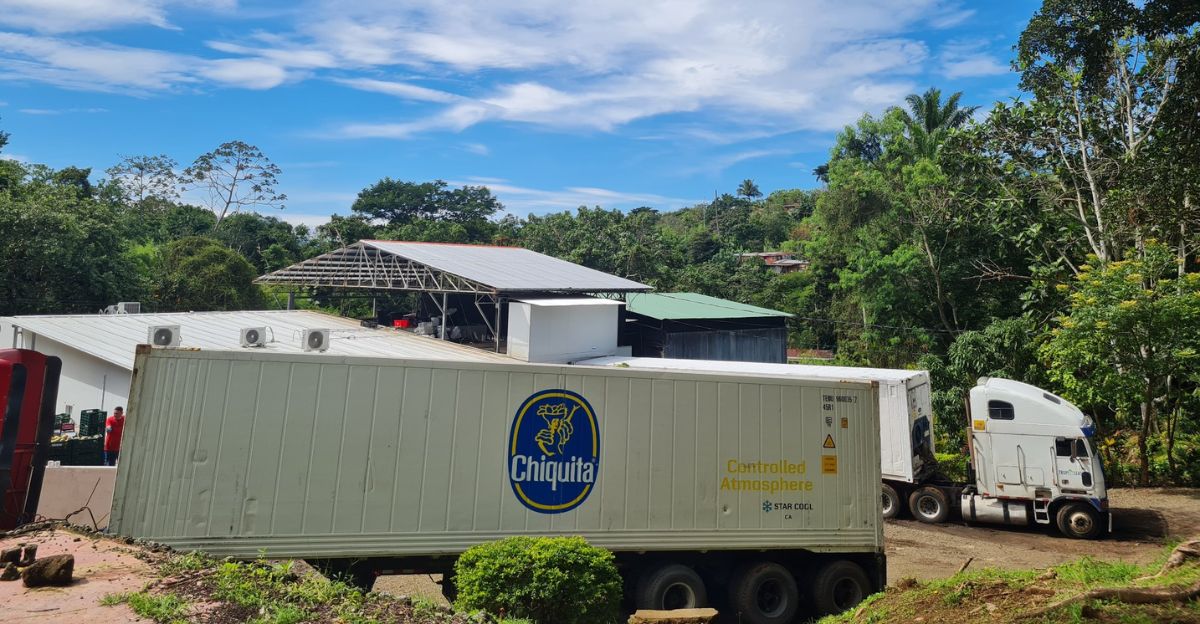
As history has shown, mass layoffs and economic collapse frequently spill over to have serious unintended consequences. In Bocas del Toro, the sudden deprivation of work for thousands can stir migration to the cities or even other countries, straining fragile social relationships.
Desperation breeds causes of crime or insurrection as individuals struggle to survive. Once subsidized by banana wages, schools, clinics, and small local stores start to fall apart.
Is This The Beginning Of A Reinvention?
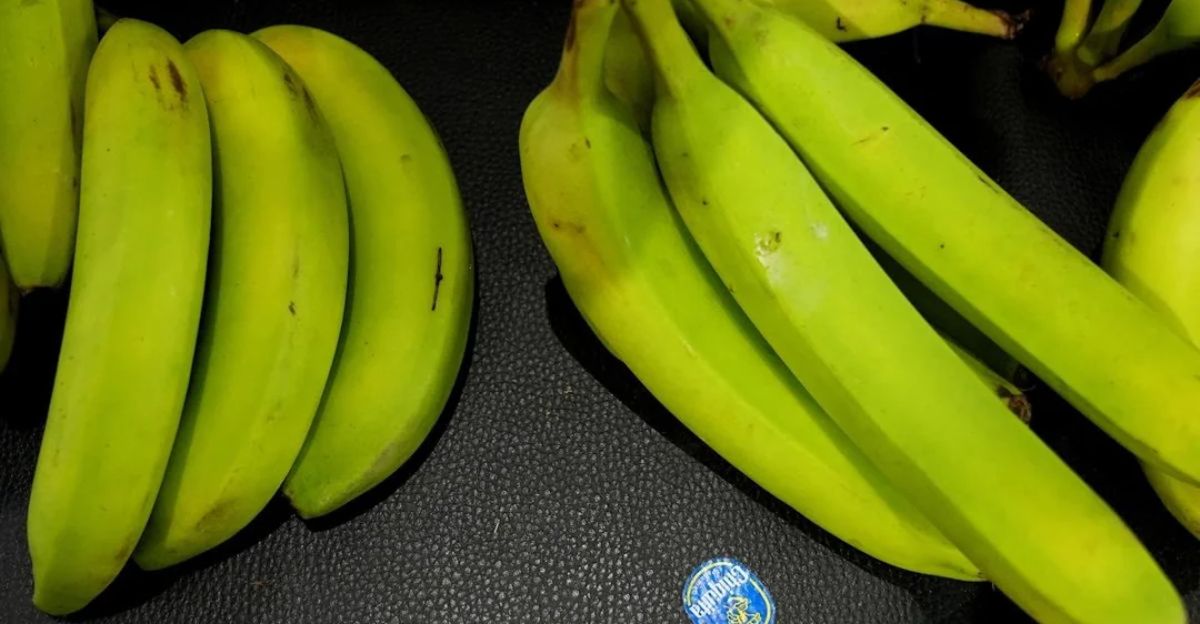
It’s simple to imagine only disaster, but history rewards the adaptors. Chiquita’s exit, if brutal, might push Panama to reinvent its economic model. New players, cooperatives, local tycoons, even tech-enabled agriculture, might move in where the giant left.
The crisis can compel investment in education, infrastructure, and other sectors and end dependency on a single crop or company. If managed firmly, today’s pain can plant tomorrow’s power. However, vision, leadership, and willingness to look beyond the past must precede this.
The High Expense Of Warnings
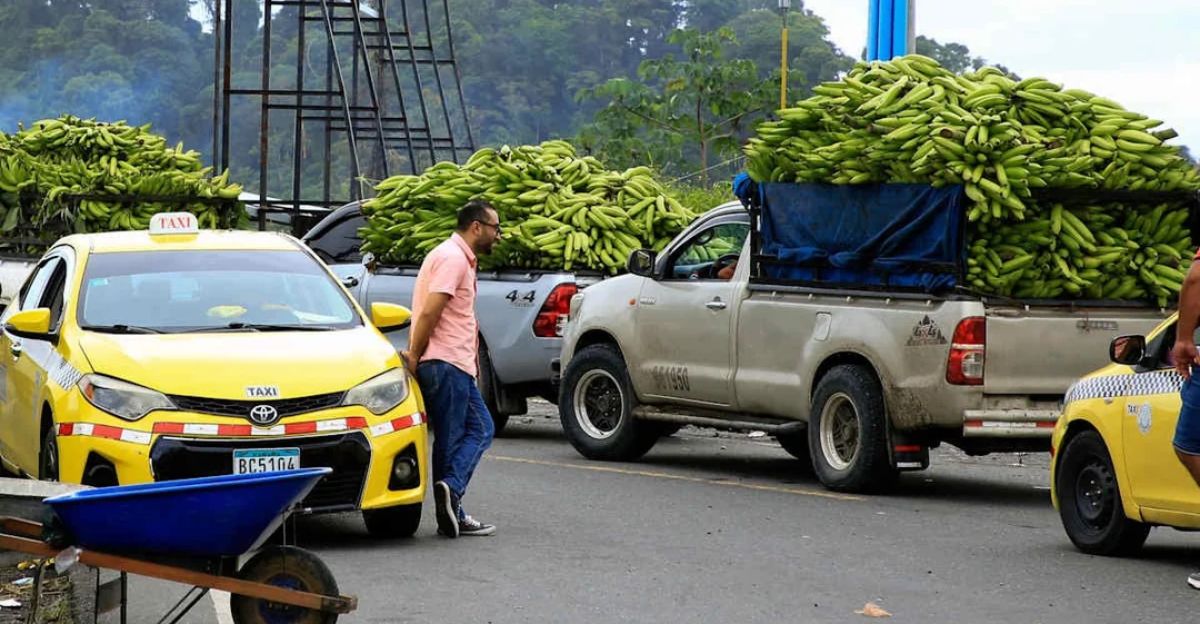
Chiquita’s Panama mass layoff is more than just a labor lesson gone wrong. It is a case study in risk irresponsibility, political stupidity, and the vagaries of economic reliance. The costs are floundering lives, upheaval, and a continent with an uncertain future.
But it’s also a wake-up call for governments to stand up for workers, firms to hear local realities, and societies to get tough before a crisis. The world is waiting. Whatever happens next in Panama may influence the way countries around the world prepare for the next corporate flight.
Discover more trending stories and Follow us to keep inspiration flowing to your feed!

Craving more home and lifestyle inspiration? Hit Follow to keep the creativity flowing, and let us know your thoughts in the comments below!
